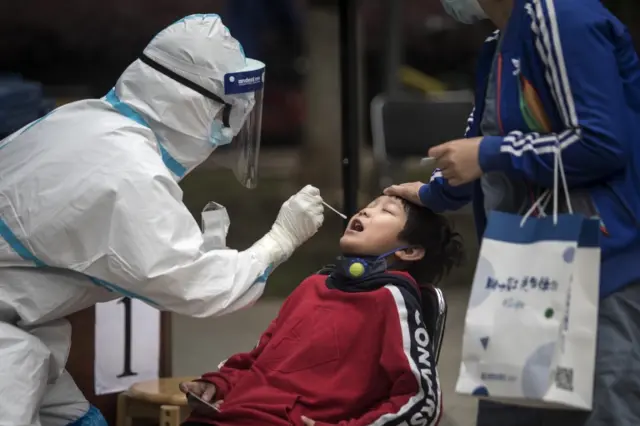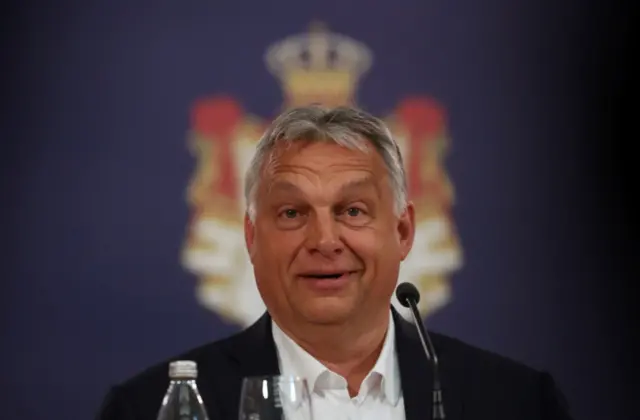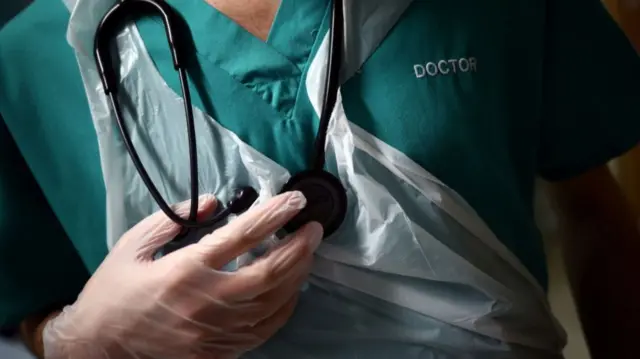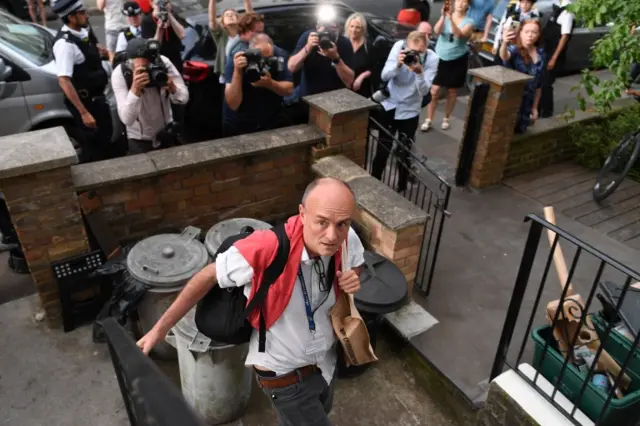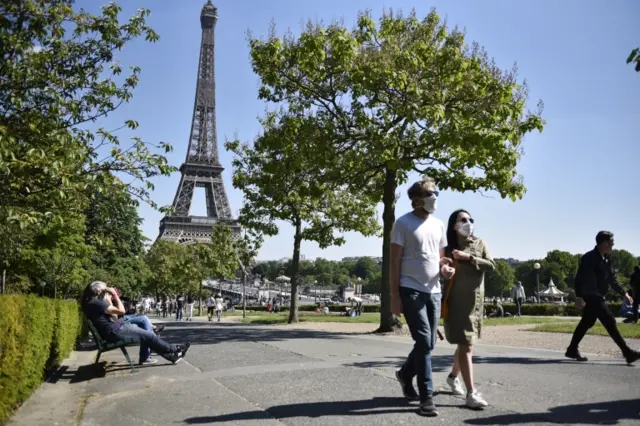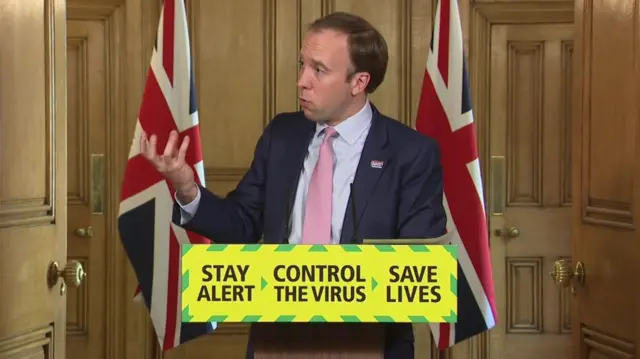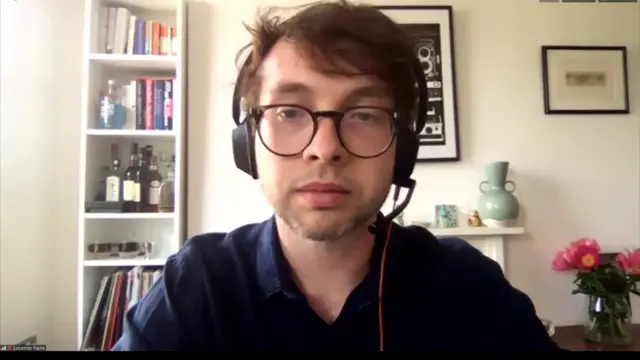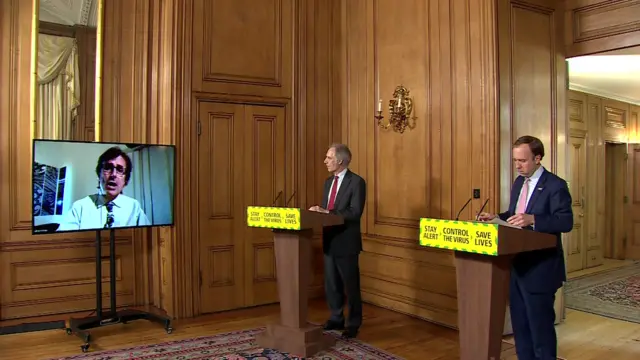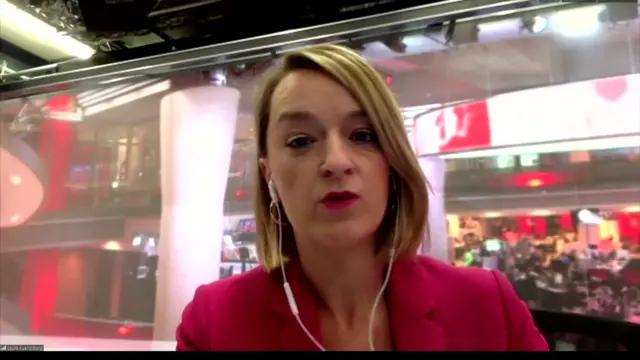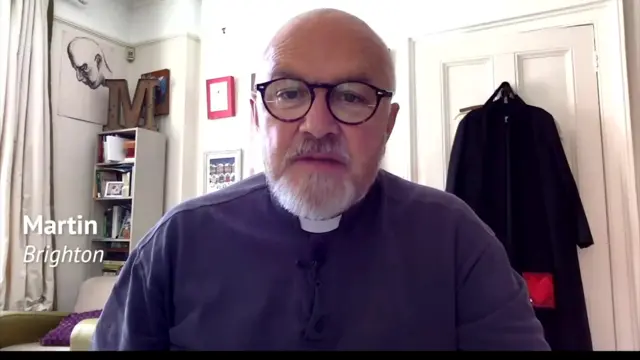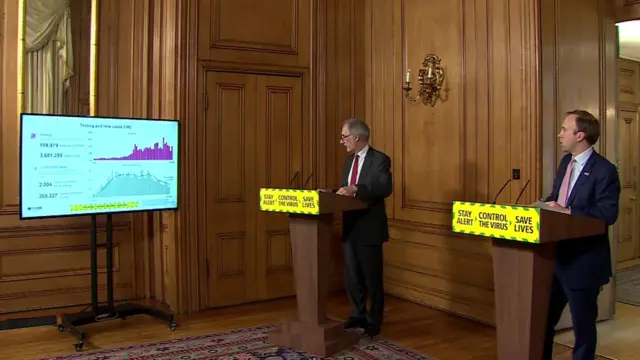'Huge rise in people dying at home' in UKpublished at 18:42 BST 26 May 2020
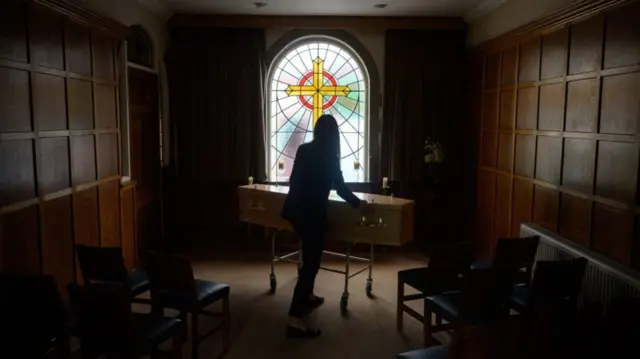 Image source, Getty Images
Image source, Getty ImagesA prominent statistician says there's been a huge rise in people dying at home, including 1,700 that are "unexplained".
Prof Sir David Spiegelhalter, chairman of the Winton Centre for Risk and Evidence Communication at the University of Cambridge, says few of these deaths have been linked to the coronavirus.
He says there were around 8,800 fewer non-Covid deaths in hospitals in the seven weeks leading up to 15 May - but during the same period, there was a "huge rise" of 10,500 more deaths in private homes.
"These could be cases - and this is a big assumption - of people whose lives might have been prolonged had they gone to hospital, which is about equal to the number of Covid deaths," he says.
Carl Heneghan, professor of evidence-based medicine at the University of Oxford, adds this is "an urgent area for inquiry".
"Whether people have been discharged too early, or whether they're not presenting sufficiently enough, there are issues here, because these people, this number is significantly higher than what we'd normally expect in the home setting."



